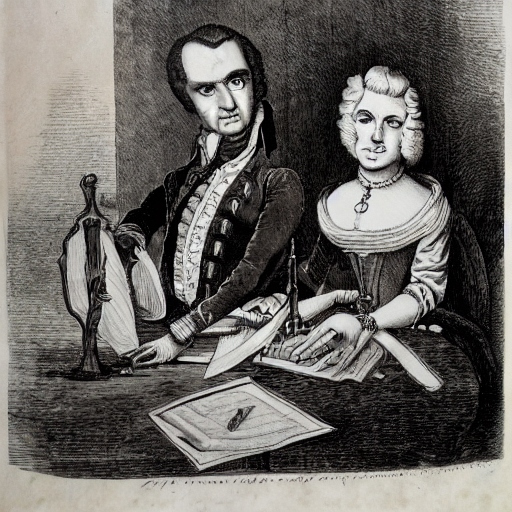Inflation is the persistent increase in the general price level of goods and services in an economy over a period of time. When the general price level rises, each unit of currency buys fewer goods and services; consequently, inflation reflects a reduction in the purchasing power of money – a loss of real value in the medium of exchange and unit of account within an economy. A chief measure of price inflation is the inflation rate, the annualized percentage change in a general price index (normally the consumer price index) over time.
There are several main causes of inflation:
- Increased demand for goods and services: When the demand for goods and services increases, businesses may raise prices to meet the higher demand. This can lead to inflation if the demand is sustained over a long period of time.
- Increased production costs: If the cost of producing goods and services goes up, businesses may pass these costs on to consumers in the form of higher prices. This can be caused by rising raw material costs, labor costs, or other production costs.
- Monetary expansion: When the money supply in an economy increases faster than the rate of economic growth, it can lead to inflation. This is because there is more money chasing the same number of goods and services, leading to higher demand and higher prices.
- Government policies: Governments can also contribute to inflation through their policies and actions. For example, if a government prints more money or increases its spending without a corresponding increase in economic growth, it can lead to inflation.
- Expectations: Inflation can also be driven by expectations. If people expect prices to rise in the future, they may be more likely to spend money now, leading to increased demand and higher prices.
Inflation can have both positive and negative impacts on an economy. On one hand, it can encourage spending and investment, as people may be more likely to buy goods and services before prices rise. On the other hand, it can also lead to uncertainty and insecurity, as people may not know how much their money will be worth in the future.
It’s important for governments and central banks to carefully monitor and manage inflation to ensure that it stays within a healthy range. If inflation gets out of control, it can lead to economic instability and harm the overall health of an economy.







